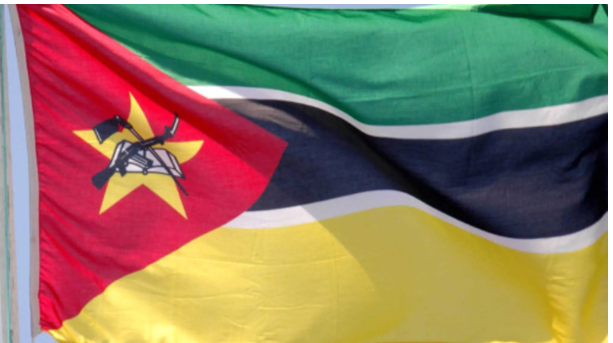
In the face of ongoing political challenges, the economic relationship between South Africa and Mozambique has remained resilient, with both countries continuing to benefit from robust trade, investment, and cross-border cooperation. Despite periodic political turmoil and regional tensions, the economic ties between these two Southern African nations have weathered the storm, reflecting the depth of their bilateral partnerships.
South Africa and Mozambique share a long history of economic interdependence, with trade flowing in both directions across a wide array of sectors. South Africa is Mozambique’s largest trading partner, accounting for a significant portion of the country’s imports and exports, particularly in sectors such as energy, mining, and manufacturing. At the same time, Mozambique’s natural resources, including coal, natural gas, and agricultural products, are crucial to South Africa’s industrial base and energy needs.
In recent years, political instability in Mozambique, particularly related to internal conflicts and governance challenges, has raised concerns about the potential impact on these economic ties. However, experts note that despite these political obstacles, business and trade relations have largely remained intact, supported by strong institutional frameworks and shared interests in regional stability and economic growth.
While political tensions have occasionally flared up, both countries have recognized the importance of maintaining strong economic relations, said Dr. Tembi Khumalo, an analyst specializing in Southern African economies. Mozambique offers key resources that South Africa needs, and South Africa is an important market for Mozambique’s exports. The mutual benefits have kept the relationship stable even in difficult political times.
Energy is one of the cornerstones of the South Africa-Mozambique economic partnership. Mozambique is home to some of the world’s largest untapped natural gas reserves, and South African energy companies have invested heavily in extracting and transporting these resources. In addition, South Africa imports electricity from Mozambique’s Cahora Bassa Dam, one of the largest hydroelectric facilities in Africa. The energy cooperation between the two nations has been crucial for South Africa, especially during periods of domestic energy shortages.
Mining also plays a pivotal role in the economic ties between the two nations. Mozambique is a major supplier of coal to South Africa, with several South African mining companies operating in Mozambique’s resource-rich provinces. These operations not only provide jobs and economic opportunities in Mozambique but also supply essential raw materials for South Africa’s industries.
Despite the economic successes, there have been notable political challenges. Mozambique has struggled with internal conflict between government forces and insurgent groups in the northern regions, which has disrupted trade and infrastructure development. Additionally, concerns about corruption and governance issues have raised doubts among investors.
On the South African side, political instability has also posed challenges, including periodic changes in government leadership and economic policies. These changes can sometimes affect cross-border trade agreements, complicating long-term planning for businesses operating in both countries. However, both governments have emphasized the importance of diplomacy and dialogue to ensure the continued success of their economic partnership.
Regional organizations like the Southern African Development Community (SADC) have also played a role in fostering economic cooperation between South Africa and Mozambique, working to address political issues through multilateral discussions and trade agreements. The SADC has helped to promote stability in the region, which in turn has bolstered confidence in cross-border investments and economic initiatives.
In the coming years, both countries are expected to continue strengthening their economic ties, particularly in the areas of infrastructure development, trade facilitation, and energy cooperation. Projects such as the Maputo Development Corridor, a major transport and trade route between the two nations, aim to improve connectivity and reduce trade barriers, further enhancing economic growth prospects.
While political issues are likely to persist, the economic foundations between South Africa and Mozambique remain solid. Both nations are acutely aware of the mutual benefits of their economic relationship and are committed to overcoming political obstacles to ensure continued prosperity and regional integration.
As South Africa and Mozambique move forward, their economic partnership is set to remain a vital pillar of the Southern African economy, providing opportunities for growth and collaboration despite the political storms that may arise.

